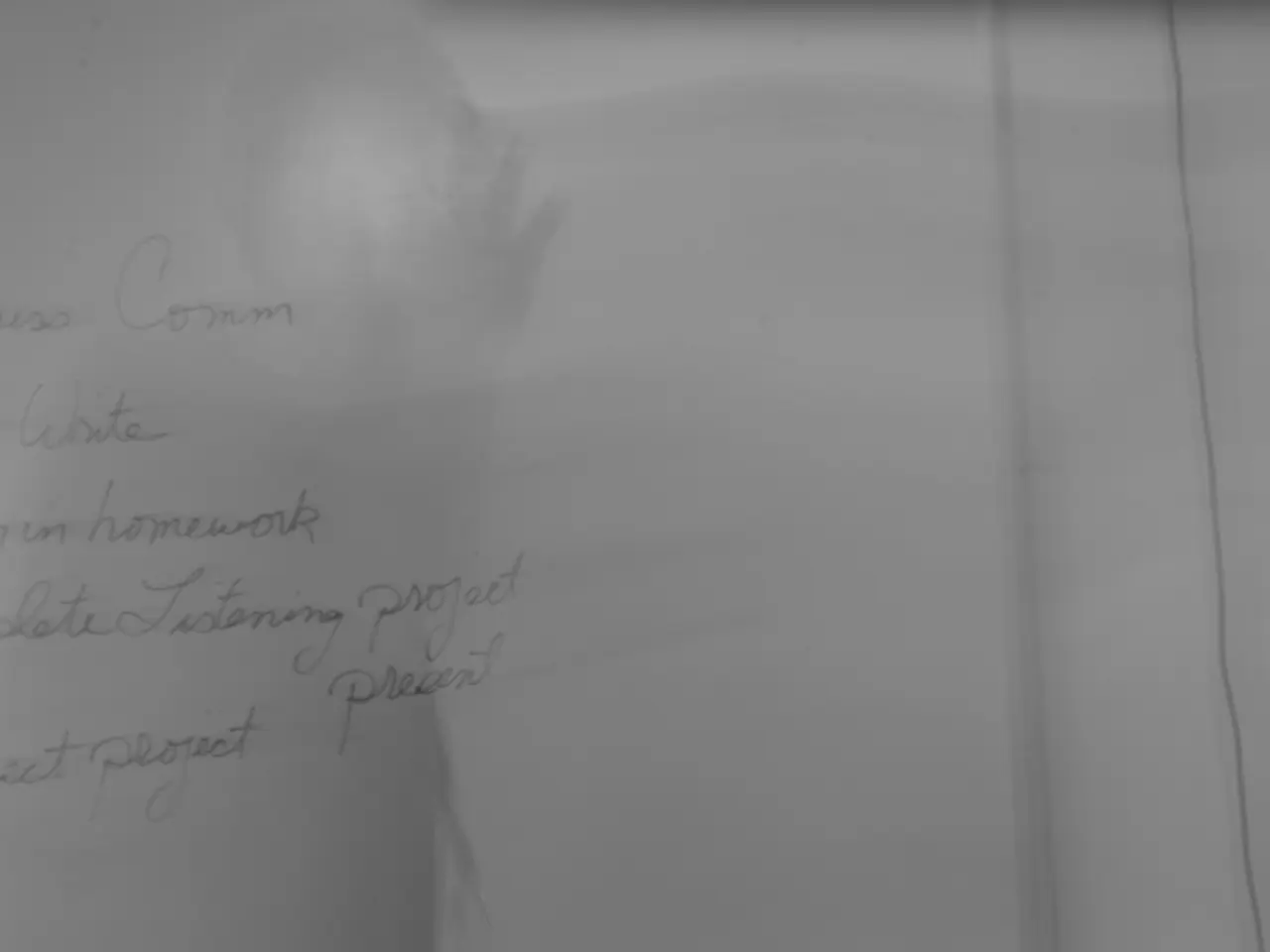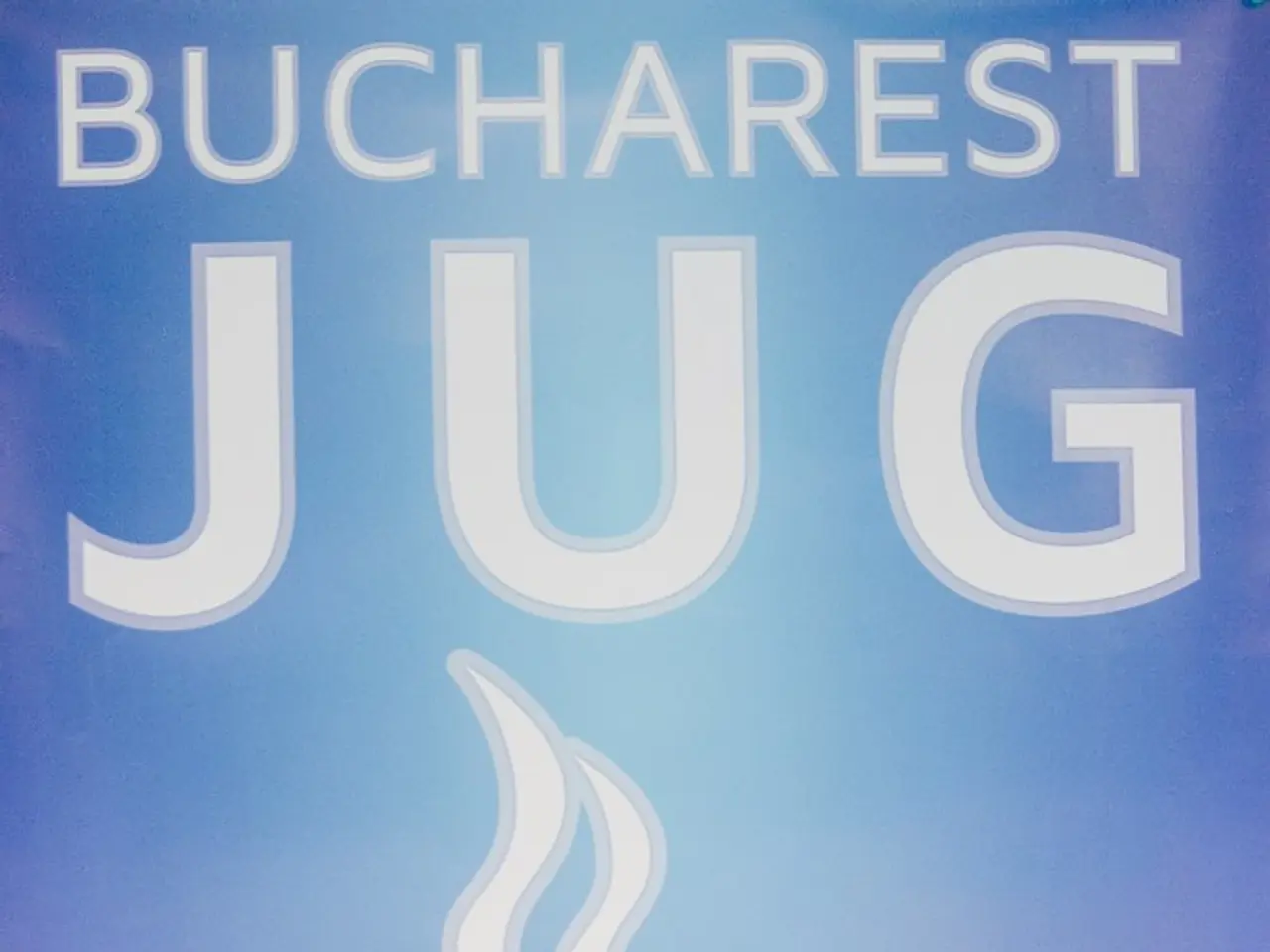Uncovered Deception: Dutch Court Annulles €62.9m Rodeo Software Agreement
In a landmark ruling on 11th June 2025, the Amsterdam District Court annulled a share purchase agreement involving Rodeo Software. The annulment was due to fraudulent activities by the founder of the company, highlighting the importance of thorough due diligence and legal alertness in investment activities.
The court's decision underscores the necessity for investors to scrutinise financial documents, contracts, and other relevant information to ensure the accuracy and integrity of the data provided. The case emphasises the need for verifying the authenticity of documents and assessing the credibility of the parties involved in corporate transactions.
At the heart of the case was a claimed Annual Recurring Revenue (ARR) for 2024 of €56.9 million, but the actual ARR was only €250,000. The financial documents, including annual accounts and bank statements, provided by the founder were found to be falsified. The court ruled that the founder's actions constituted fraud and that the buyer's consent to the agreement was obtained through deceptive means.
The buyer is entitled to a refund of €62.9 million, including additional costs incurred due to the fraudulent transaction. The court also held the founder personally liable for the deception.
The case underscores the importance of conducting thorough due diligence before entering into any investment. By prioritising comprehensive due diligence and being alert to potential red flags, investors can better safeguard their interests and make more informed decisions.
Inflated ARR can significantly distort the perceived value of a company, leading to misguided investment decisions. Therefore, investors should be mindful of the accuracy of ARR figures when evaluating subscription-based business models.
Best practices for verifying the authenticity of financial documents and contracts during due diligence in mergers and acquisitions (M&A) emphasise a thorough, multi-faceted review process. This process includes a detailed financial review, contracts and legal documentation scrutiny, comprehensive compliance and risk audits, and enhanced due diligence beyond financial verification.
A detailed financial review involves auditing financial statements for at least the past three to five years, focusing on the quality of earnings, examining revenue recognition policies carefully, analysing working capital, assessing financial reporting systems and internal controls, and seeking any undisclosed liabilities that might affect enterprise value.
Contracts and legal documentation scrutiny require reviewing all key contracts entered into in the past five years, particularly those involving fixed payments, royalties, commissions, or issuance of stock. Verification of the authenticity and legality of contracts should be carried out by checking related board minutes and shareholder approvals to ensure proper authorisation.
Comprehensive compliance and risk audits involve conducting compliance audits related to data security, intellectual property rights, and cross-border regulations to uncover hidden deal risks. Assembling interdisciplinary expert teams (finance, legal, operations, IT) to perform detailed checklists tailored to the specific deal is crucial.
Enhanced due diligence beyond financial verification employs a qualitative approach to identify risks beyond mere number validation, covering issues to be addressed in definitive agreements. Using revenue testing and analysis techniques to understand recurring revenue quality and customer concentration is critical to accurate valuation and projections.
Directors must ensure their actions comply with Dutch law, including the duty of care and principles of reasonableness and fairness as outlined in the Dutch Civil Code. By integrating these practices, acquirers can verify the authenticity of financial documents and contracts, thus uncovering risks like misstatements, undisclosed liabilities, or fraudulent representations—issues highlighted by cases like Rodeo Software where inaccuracies can lead to significant post-transaction disputes or losses.
In conclusion, the Rodeo Software case serves as a stark reminder of the importance of due diligence in M&A. Rigorous validation, combining detailed financial scrutiny, contract verification, legal review, and compliance audits, constitutes best practice for due diligence in M&A. Investors would do well to heed this lesson and prioritise thoroughness and accuracy in their due diligence processes.
- To safeguard their interests and make informed decisions, investors must prioritize a thorough review of financial documents and contracts during due diligence, particularly focusing on the accuracy of Annual Recurring Revenue (ARR) figures in subscription-based business models.
- In light of the Rodeo Software case, it is essential for investors to verify the authenticity of financial documents and contracts through a detailed financial review, scrutiny of legal documentation, comprehensive compliance and risk audits, and enhanced due diligence beyond mere number validation.




